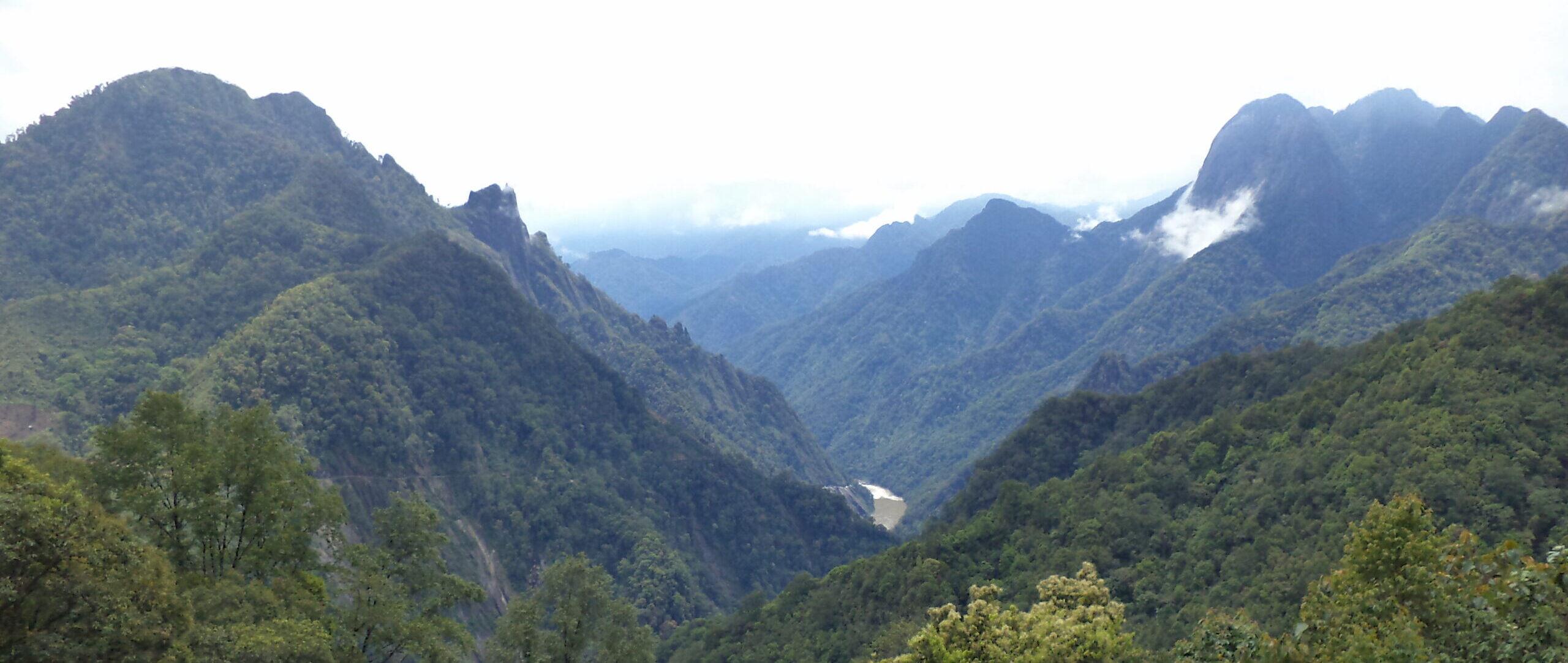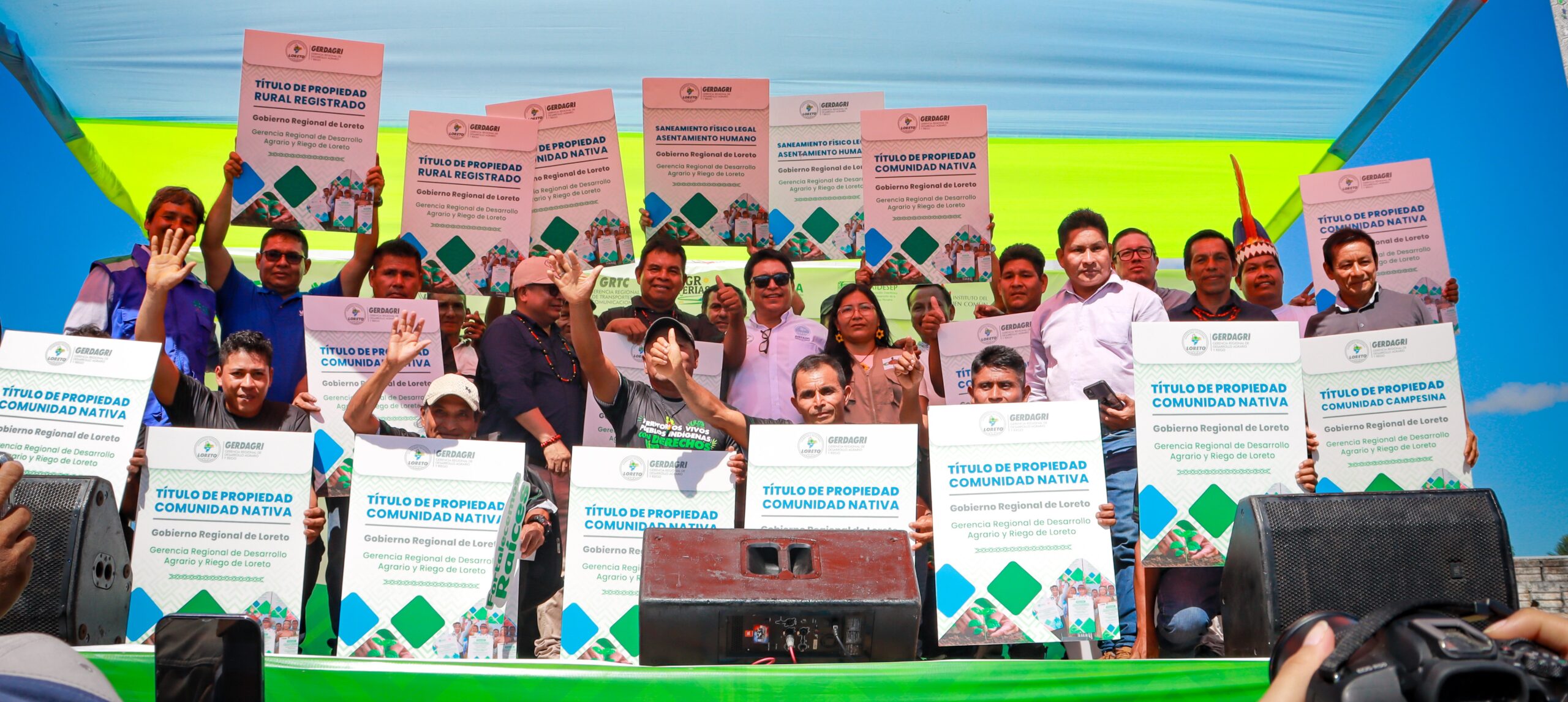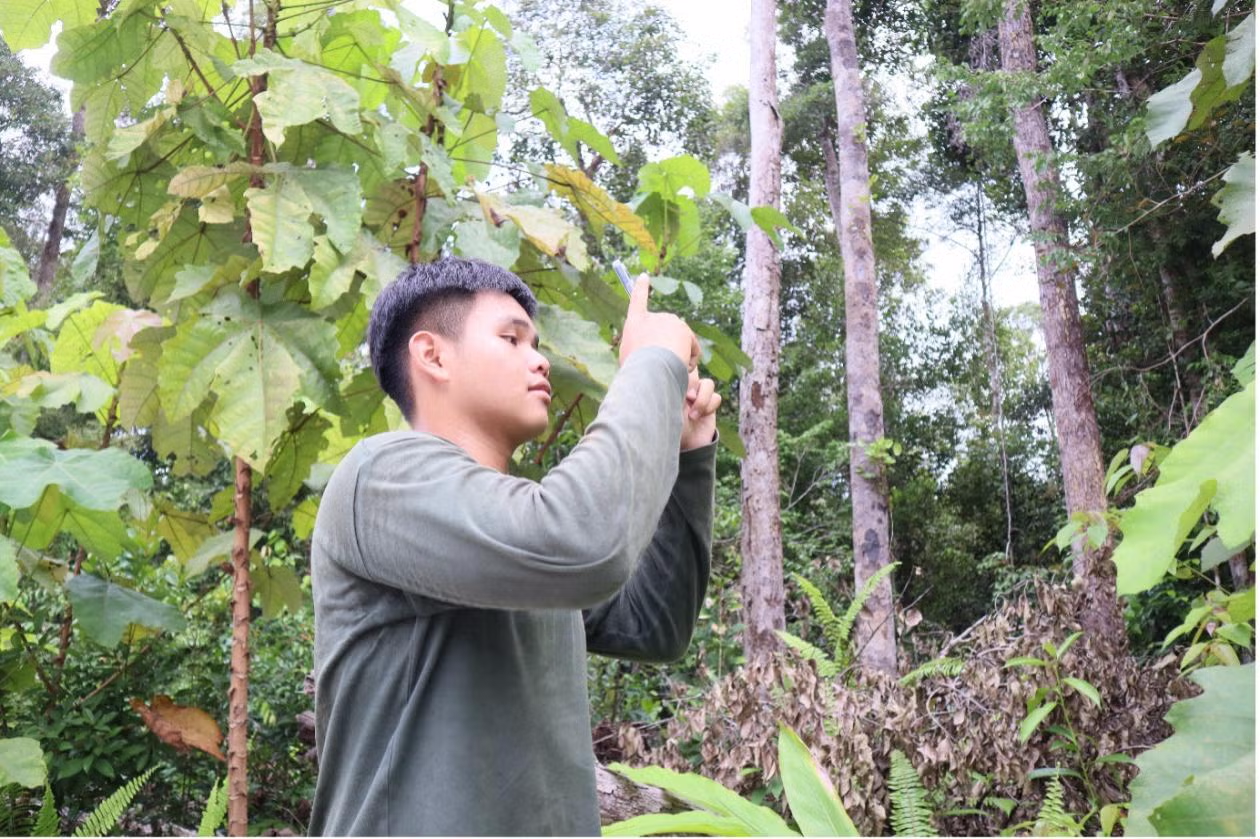Growing Impact for the Small Grants Fund: Meet the 2025-2026 Recipients
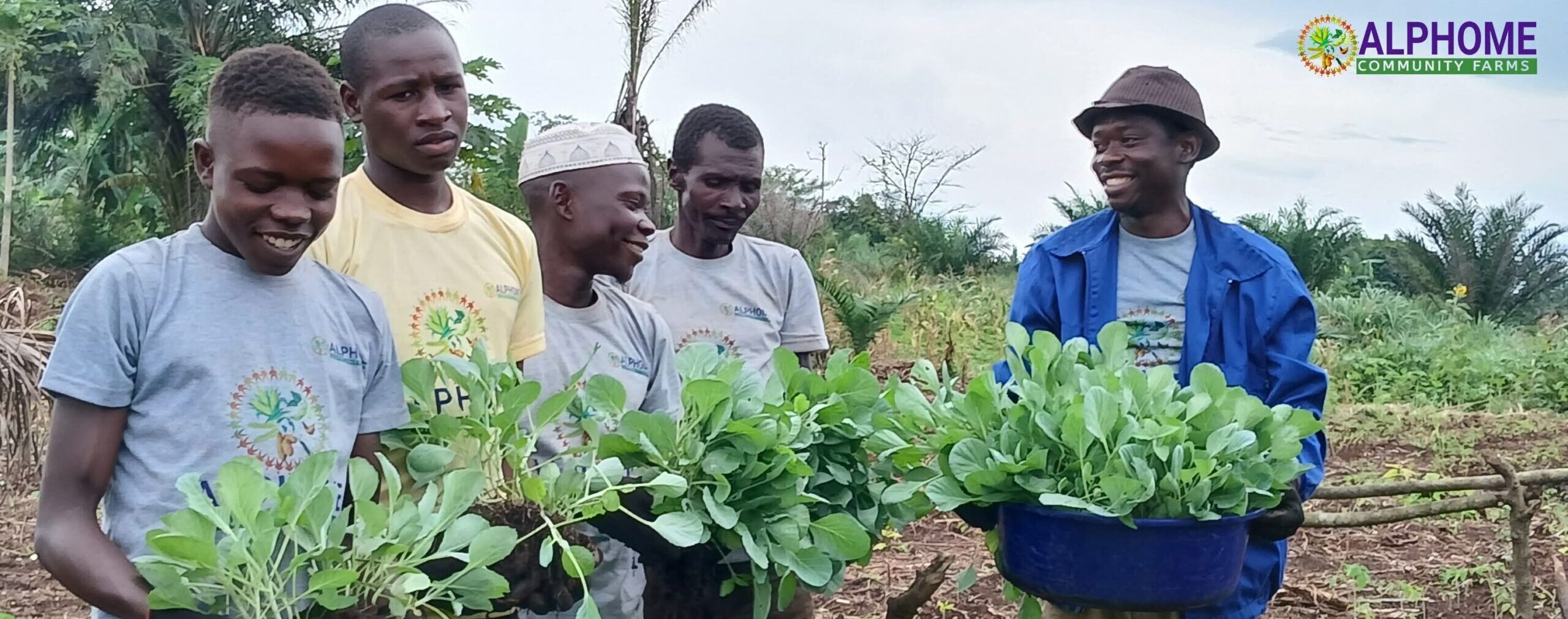
Credit: Alphome Community Farms
Global Forest Watch’s (GFW) Small Grants Fund (SGF), launched in 2014, continues to grow and deliver support to civil society and community-led organizations on-the-ground working to combat deforestation and protect forests. The impact grows with it. To date, the SGF has supported 113 grantees in 31 countries. Through their projects, these grantees have trained over 11,000 people including local community members, smallholder farmers, journalists, law enforcement and ministry officials, and have monitored and protected over 872 million hectares of forest against illegal or unplanned deforestation.
For more than a decade, SGF projects have improved enforcement of forest protection laws, leading to arrests, warnings, fines and evictions of people caught deforesting illegally. Projects have equipped community members living in and around forests with technology to improve locally led forest governance, strengthen land rights, and better protect valuable forest ecosystems. In addition, the SGF has facilitated impactful partnerships among grantees and built spaces for collaboration between communities and forest authorities.
This year, we welcome the 10th cohort of SGF grantees — learn more about the important work they are embarking on in 2025-2026:
Empowering women forest defenders
This year, three inspiring organizations are leading projects that position women leaders at the forefront of forest protection. These initiatives are strengthening women’s technical capacities, amplifying their voices in forest governance and ensuring their knowledge and leadership guide the fight against deforestation and climate change.
Environmental Women Org (Colombia)
Environmental Women Org will work to strengthen the forest monitoring, fire prevention and land stewardship capacities of 300 Indigenous Narakajmanta women, girls and LGTBI individuals in the Colombian Andean mountains. Widespread fires in the Narakajmanta Indigenous territory caused by climate change and slash and burn agriculture disproportionately affect women, girls and LGTBI individuals, who are traditionally responsible for water collection. The fire outbreaks force them to walk longer distances, increasing risks of violence and health problems.
Currently, no local system uses global geospatial data or tools like GFW for rapid detection or response. This project will build the technical and digital leadership capacities of these women and girls and implement a community-based monitoring and enforcement system. Through trainings, accompanied by the distribution of wildfire response kits, the project supports gender equity and mitigating climate change by reducing deforestation-driven carbon emissions across 14,400 hectares.
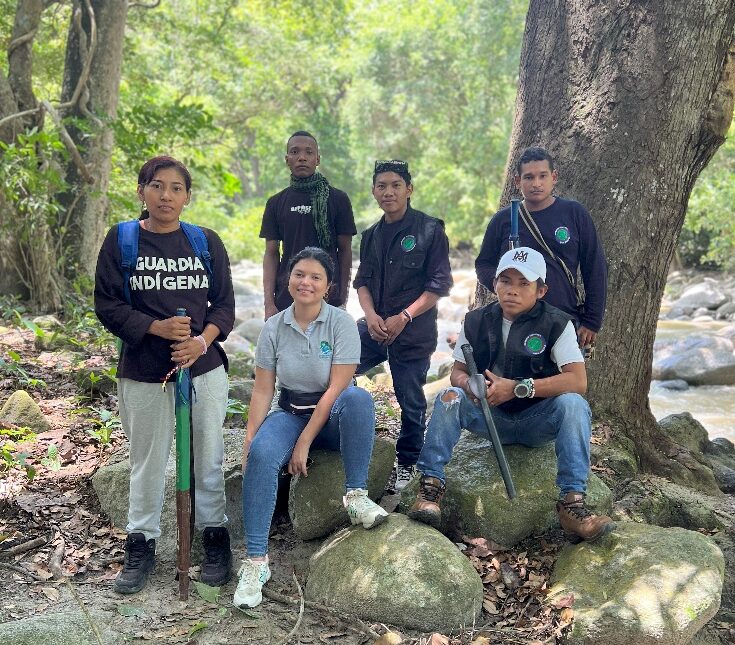
Women Research Institute (Indonesia)
The Women Research Institute will work to empower local women to lead data-driven forest advocacy in the Sambelia Subdistrict, East Lombok, Indonesia. Forests in this region are the lifeblood of communities, providing water, food and livelihoods, especially for women. However, they continue to be degraded by the expansion of industrial timber plantations — which are displacing community-managed lands — and causing fires, which burned dozens of hectares around the customary and village lands, part of which are recognized under Indonesia’s Social Forestry scheme, in 2019 and 2024.
The project will form “Forest Watch” groups of women from affected villages who will be trained on using satellite data and the Forest Watcher mobile app to identify deforestation hotspots in near-real-time, as well as in participatory mapping, field observation, photography and basic data analysis. The project’s approach honors the unique ecological knowledge that women possess and blends this with scientific data to strengthen community-based advocacy.
National Confederation of Indigenous Women of Bolivia (CNAMIB) (Bolivia)
Through the support of fiscal sponsor PROCESO Educational Services, National Confederation of Indigenous Women of Bolivia (CNAMIB) is leading a project to strengthen technical capacities of Indigenous women brigades in the Lomerío Territories, Multiethnic Indigenous Territory (TIM) in Beni, and the Multiethnic Indigenous Territory and Ignacio (TIMI) of Bolivia in the use of early warning systems, accessed via GFW and Forest Watcher, with the goal of developing rapid response protocols to deforestation, fires or illegal mining.
Illegal burning and the expansion of mining activities continue to threaten forests and Indigenous territories in Bolivia, with limited participation of Indigenous women in existing monitoring brigades. In addition to supporting Indigenous women brigades, the project will promote spaces for coordination between communities and state entities to facilitate more effective responses to illegal activities in the Indigenous territories.

Defending Indigenous lands and fighting forest crime
Three powerful initiatives are putting Indigenous leadership and innovative monitoring systems at the center of defending forests from illegal activities. These projects are equipping Indigenous nations and forest guardians with the tools, training and advocacy strategies needed to confront mining, logging and other destructive forces threatening their territories.
Peru Equidad / Wampis Nation (Peru)
The Wampís Autonomous Territorial Government (GTANW) will work with fiscal sponsor Peru Equidad, to strengthen Wampís GIS technicians’ capacity to use GFW to monitor 1.3 million hectares in their territory in Peru. The Wampís Nation currently faces two main threats: illegal alluvial gold mining, which threatens river ecosystems; and illegal logging, which destroys seed trees and generates division within communities and among authorities.
The project will train Wampís monitors to work with Wampís Nation communities to generate maps on MapBuilder, which are informed by data from community fieldwork and by instances of illegal deforestation the monitors capture using Forest Watcher, with the long-term goal of equipping GTANW with their own monitoring system using GFW’s weekly deforestation alerts. The reports of deforestation on Wampis territory will be used for public advocacy before state and regional authorities and UN agencies to reduce the infringements by mining and logging.
Shipibo Conibo Center, Inc. (Peru)
The Shipibo Conibo Center, Inc. will work with sister organization Bakish Mai Multiversity, COSHIKOX, the representative body of the Shipibo Conibo Nation, the Guardia Indigena (Indigenous Land and Water Defenders) of the Shipibo Organization, and the Institute of Legal Defense to empower Shipibo land-defenders with the tools and technology to expand their capacity to protect their territory, which spans 8.1 million hectares along the Ucayali River in Peru.
Shipibo communities are facing escalating threats from illegal logging, illicit crop production, palm oil expansion, road construction, oil concessions, commercial fishing and large-scale deforestation linked to Mennonite settlements, all of which have made Ucayali a deforestation hotspot. The project will deliver a series of in-person trainings targeting key participants from the Guardia Indigena, a decentralized network of forest guardians who protect their lands through ancestral knowledge, legal action and modern tools. By integrating modern forest monitoring tools into an Indigenous-led model of governance and protection, the project aims to strengthen Indigenous sovereignty and legal defense mechanisms.
YIARI (Indonesia)
Yayasan Inisiasi Alam Rehabilitasi Indonesia (YIARI), also a 2024 grantee, will continue to build on their Integrated Forest Crime Alert System (IFCAS) that was developed in last year’s project to expand forest monitoring and enforcement in protected forests across Lampung and West Kalimantan provinces in Indonesia.
The IFCAS will help address forest crime in areas that experience some of the highest deforestation rates globally and are home to critically endangered species like the Sumatran tiger, pangolin, tapirs and siamangs. The approach will include a customized near-real-time integrated monitoring method, which combines GFW tools, SMART patrols, camera traps, drones and on-the-ground verifications. This project will work to strategically expand IFCAS by advancing efforts with Forest Management Units, who received training last year and can now implement the approach to improve detection accuracy, streamline ground verification and patrol coordination and reinforce stronger enforcement for forest crimes.

Scaling community-led forest stewardship in Africa
Across Africa, communities are stepping up as the first line of defense against deforestation. These projects equip local residents, youth and community leaders with the skills, technology and networks needed to monitor threats and collaborate with authorities — strengthening both forest protection and local governance from the ground up.
The Resource Foundation Ghana (Ghana)
The Resource Foundation Ghana (TRFGH) will train forest-fringe community members, Forestry Commissions officials, Community-based Organizations (CBOs), Community Resource Management Area (CREMA) committees and law enforcement officers on using the Forest Watcher app to track forest disturbances and compile official reports on illegal activities for submission to the Ghana Forest Commission.
The project will address current gaps in access to timely information, training and resources necessary for effective monitoring and response to deforestation. TRFGH will train community monitors and develop and operationalize community-level response protocols to illegal activities. They will also conduct community meetings and radio talk show programs to raise awareness about forest laws, forest protection and sustainable land use practices.
Action for Sustainable Development (Cameroon)
2023 SGF grantee Action for Sustainable Development (ASD) will build on the success from their last SGF project to replicate and scale community-led forest monitoring efforts in a new landscape: Boumba Bek National Park, a vast area in Cameroon of over 230,000 hectares that is facing an alarming increase in deforestation.
They will adopt a hybrid approach that combines technological tools with community field observations to address a current gap in monitoring, where there are few eco-guards and limited access to the necessary technologies or skills. The project will train current and additional eco-guards and community representatives, resulting in an operational local monitoring network. They will also develop a georeferenced database of threats, verified alerts and field actions to enhance data for enforcement. Through this, the project will also strengthen trust between authorities, communities and conservation stakeholders.
Alphome Community Farms (DRC)
Alphome Community Farms will use GFW tools to fill critical gaps in data about threats to approximately 3.4 million hectares across Watsa, Faradje, and the Garamba National Park buffer zone in Haut-Uele, Democratic Republic of the Congo (DRC). Deforestation is escalating in this region due to uncontrolled industrial and artisanal mining, agricultural expansion and widespread charcoal production. Forests are being cleared without regulation. Meanwhile, national authorities remain unaware of these threats due to poor data visibility, and smallholder farmers face high post-harvest losses and soil degradation without sustainable alternatives.
This project will train local stakeholders, including community members, youth and leaders, to use GFW monitoring tools, and launch a public awareness campaign to reach community members engaged in forest protection. It will establish a multi-stakeholder forum to encourage transparency and collaborative response to deforestation incidents. In the long term, the project will result in civil society incorporating technology and monitoring tools, strengthening the forest governance ecosystem in Haut-Uele.
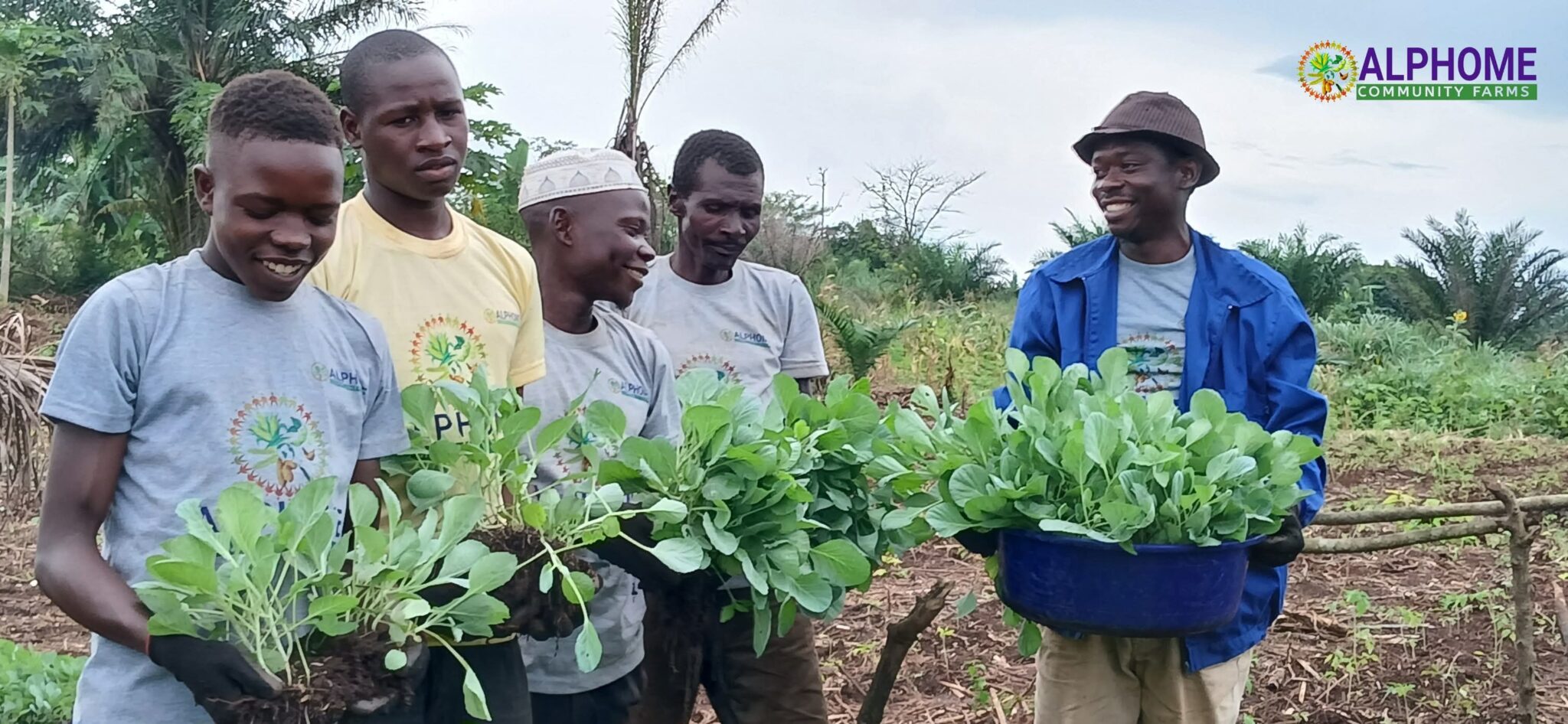
Sekakoh Organization (Cameroon)
Sekakoh will work to expand community-led forest surveillance by equipping community forest watchers with the Forest Watcher app and drones to document and verify illegal activities in the Ebo Forest in Cameroon, a Key Biodiversity Area that spans over 200,000 hectares and is the ancestral homeland of the Banen people. This forest shelters endangered fauna species such as chimpanzees, elephants and rare flora.
The project will contribute to achieving legal protection of the Ebo Forest by empowering communities to be active guardians through expanding real-time monitoring and improving the quality and flow of evidence to law enforcement agencies. It will strengthen community-led, evidence-based forest monitoring and advocacy, establish legal pathways for enforcement, and amplify the voices of local communities in decision-making processes. The data captured will be compiled and shared with authorities to enhance the ability to identify and seize illegally logged timber.
Storytelling for forest protection
From local villages to national audiences, storytelling is a vital tool for forest protection. These projects empower journalists, youth and Indigenous communities to turn real-time forest data into compelling narratives that expose illegal activity, raise awareness and inspire action to defend forests and Indigenous rights.
Open Development Cambodia (Cambodia)
Open Development Cambodia (ODC) will work to address deforestation threats like illegal logging and agricultural encroachment in northeastern Cambodia by training communities, Indigenous groups and journalists to use GFW tools for monitoring and advocacy.
Despite legal forest protections, the lack of technical knowledge and accessible, timely data hinders community response and government accountability. At the same time, journalists struggle to access and interpret forest data for investigative reporting.
ODC will train Cambodian journalists on evidence-based storytelling using GFW data and will regularly update on the ODC website with findings. They will work to build a bilingual interface for greater accessibility and will automatically notify community users about forest disturbances, alongside a social media campaign to raise awareness of these issues. Through this approach, the project empowers frontline defenders and the media to detect and respond to forest disturbances, strengthening environmental governance, supporting forest rights and increasing public awareness through data-driven storytelling.
Radio Workshop (DRC)
Radio Workshop’s project will leverage youth-led, community-centered and data-powered storytelling to amplify local and national actions to protect forests and uphold Indigenous rights in the Democratic Republic of the Congo (DRC).
Équateur Province, DRC, in the heart of the Congo Basin, holds some of the world’s most intact tropical forests, essential for climate regulation and biodiversity. Yet, this region faces mounting illegal deforestation due to agricultural expansion, charcoal production and unsustainable logging — trends driven by growing rural populations and limited economic opportunities. Forest governance remains weak, and community voices, especially those of Indigenous Peoples and youth, are largely excluded from decision-making and the media.
Radio Workshop will train a gender-balanced cohort of Batwa and Bantu youth to produce compelling radio journalism and storytelling. This will increase public awareness of illegal deforestation. Radio Workshop will leverage this raised awareness to strengthen local commitment to forest protection and help establish community-based deforestation monitoring systems that successfully combine GFW tools with Indigenous Ecological Knowledge.
Learn more about this year’s Small Grants Fund recipients here.
